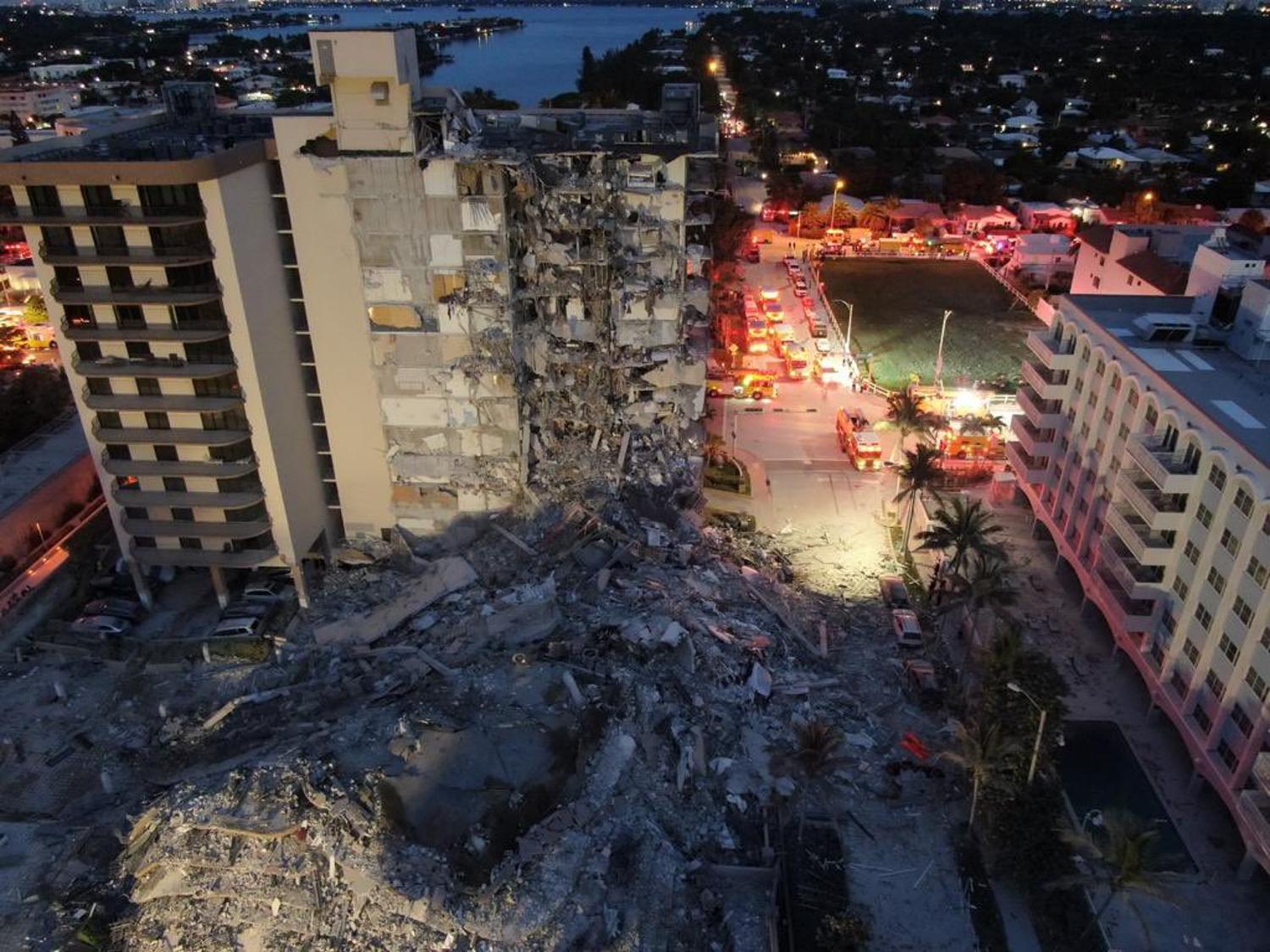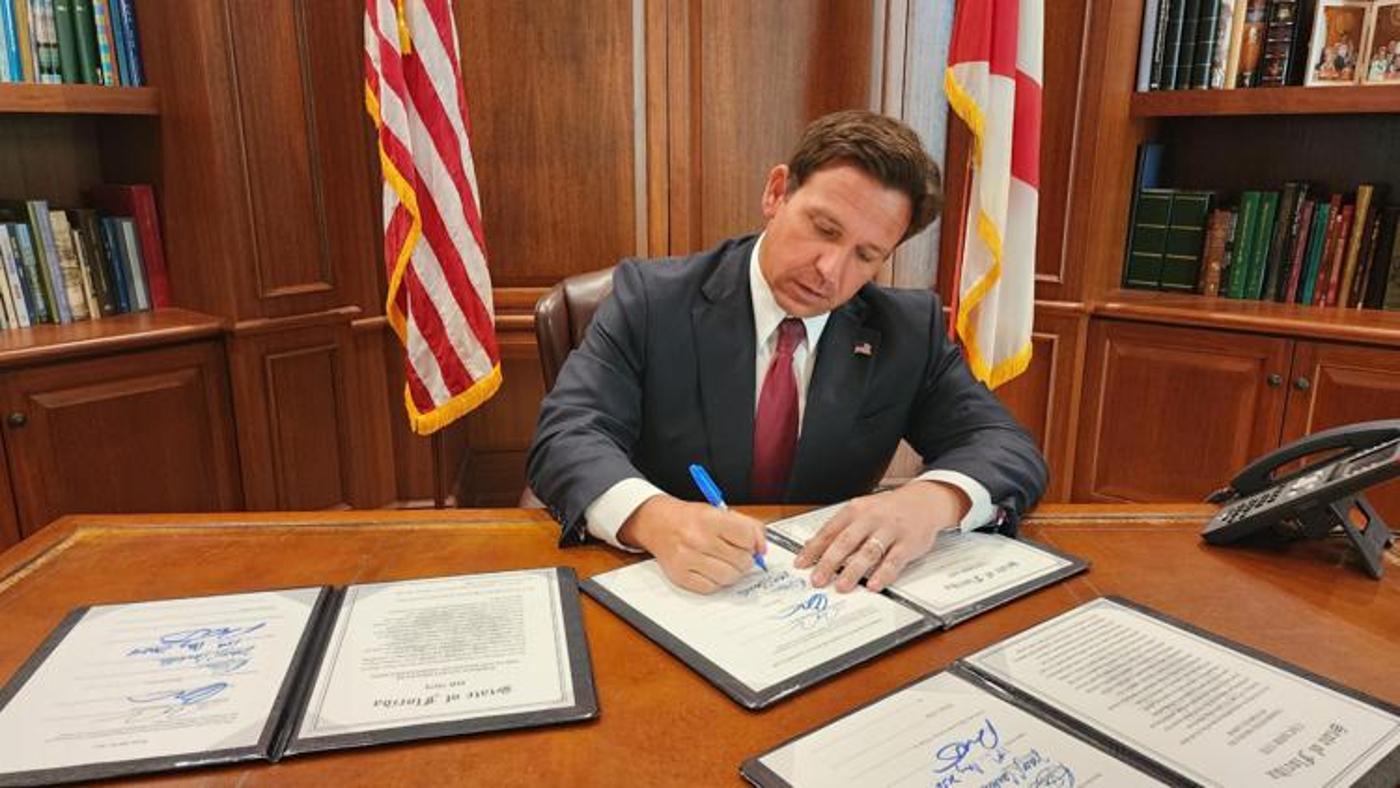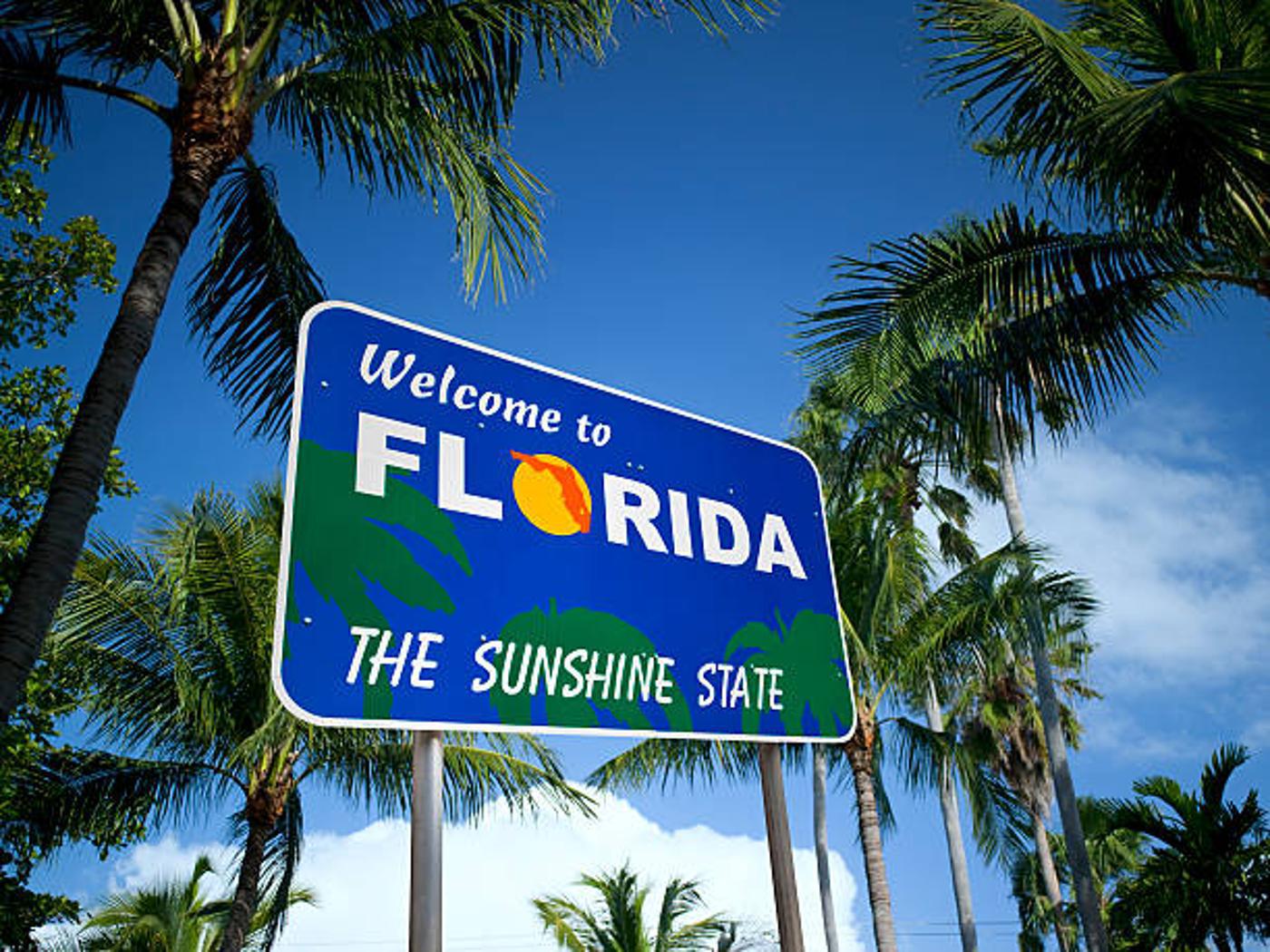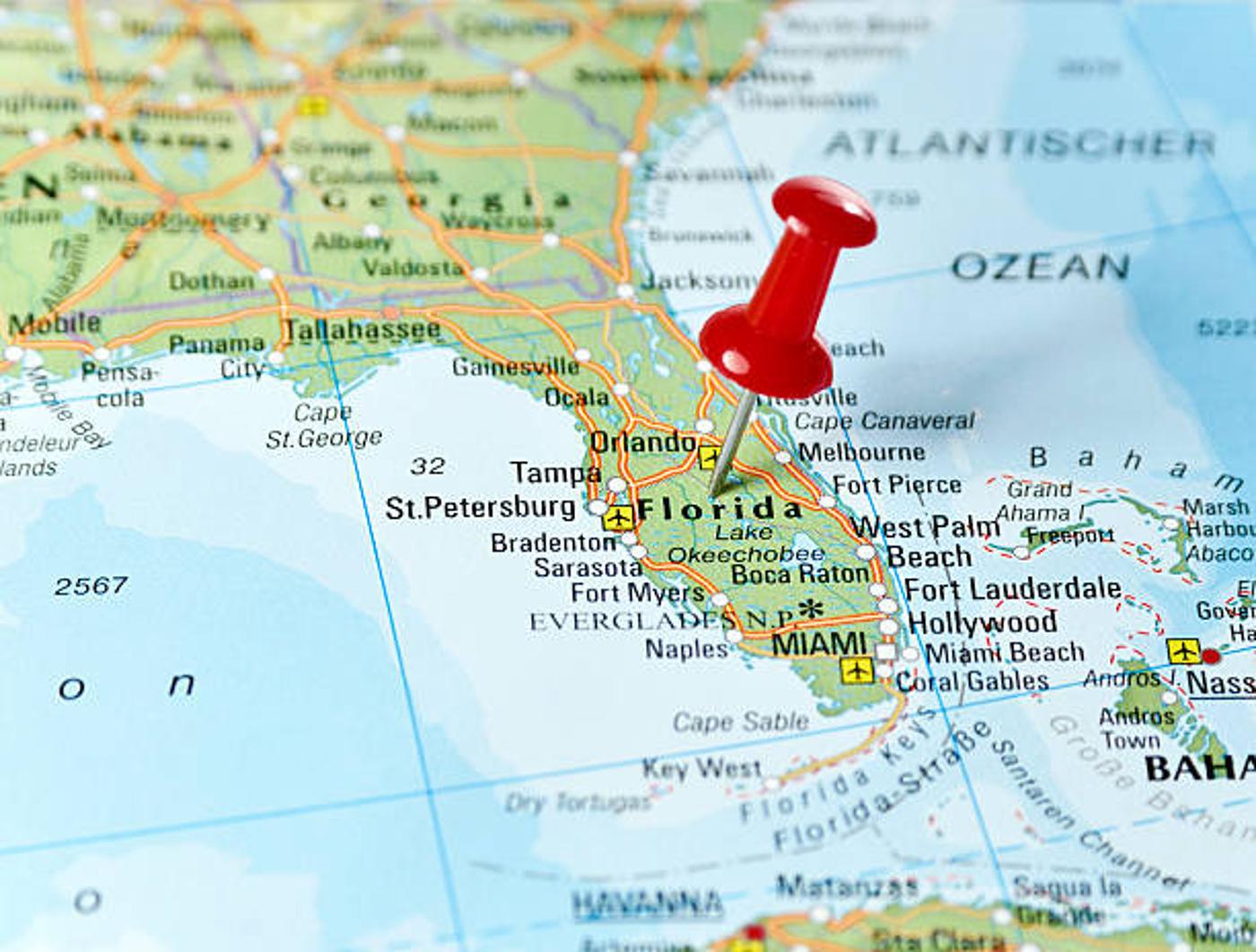Things are heating up in Florida this summer, and not only because of the state’s rising temperatures. Thousands of Floridians are infuriated at Governor DeSantis for passing a bill that will cost them nearly $100,000.
The bill will drastically change the fees condo owners in the Sunshine State are required to pay this year specifically, and one woman has reported that the new costs are so high, she’s being forced to come out of retirement.
The Surfside Tragedy of 2021

The story of the newly passed bill that forces Florida residents to pay exorbitant fees to their homeowners association actually began three years ago in 2021.
That year, the Champlain Towers, a 12-story condominium complex in Surfside, Florida, suddenly collapsed, killing 98 people. Investigation into the accident showed that the four-decade-old building hadn’t been constructed following the state’s requirements and was due for an assessment that year.
Avoiding Tragedy Comes with a Cost

Hoping to avoid another tragedy like the collapse of the Champlain Towers South, the Florida Condo Safety Law established a deadline for inspecting buildings that are 30 years old or older.
This means that associations responsible for looking after condos might hold back reserves for repairs and maintenance to keep residents safe. Unfortunately, this law came with a cost.
Condo Associations Were Hit With New Regulations

Within just a few months of the tragedy, Senate Bill 4-D was passed, which forced condo buildings around the state to perform immediate inspections and continue to do so on a more regular basis and show they have enough funds to handle any potential problems.
However, it quickly became clear that the Florida condo associations didn’t have nearly enough money to pay for the inspections, let alone keep enough funding in the reserves for future issues.
Why the Reserves Were Empty

The Florida Condominium Act allowed developers and condo boards to waive the obligation to fund reserves for maintenance and repairs, but a special task force found that they waived the fee every year.
This means that there were no reserves to pay for needed and necessary maintenance to keep residents in the condos safe.
Filling the Reserves

Under the new Condo Safety Law, condo boards must now ensure they fully fund their financial reserves for maintenance, inspections, and potential future repairs by the end of the year.
Many associations may face repairs and replacement costs that reach the millions, and residents are the ones who have to pay the price.
Catching Up

Monthly association fees and special assessments are being increased to catch up with the tight deadline imposed by the Florida government.
However, the monthly fee could make condo living too expensive for many people, especially retirees living on a fixed income.
Florida Condo Associations Start Increasing Homeowners Fees

In response to the predicament they were in, the condo associations started increasing their fees for homeowners.
Homeowners were furious, as they were already paying exorbitant prices for their mortgages, home insurance, property taxes, and homeowners association membership fees. They have been complaining for nearly two years, but then, in June 2024, things got even worse.
Gov. DeSantis’ HB 1203

In June 2024, Governor Ron DeSantis signed HB 1203, which he declared would take effect on July 1st. The bill was supposed to finalize the new regulations that condo associations must follow to keep their buildings and the residents who live there safe.
But while it does implement several specific HOA rules, it also clarified that every condo owner within an association would have to complete a home assessment by December 31, 2024. An assessment that they would have to pay for out of their own pocket.
A $100,000 Home Assessment Is Now a Requirement

Parks Huffstetler, who owns a condo at the Surfside Club South, told the press he couldn’t believe it when he found out that “[The assessment fee] is over $100,000 per owner.”
Like almost every other Florida condo owner, Huffstetler certainly doesn’t have an extra $100,000 to give to his HOA, even if he wanted to.
How Are People Going to Pay a $100,000 Fee?

While the bill does allow residents to opt for a quarterly payment schedule over the course of the year or even a 32-installment payment schedule over the next, it’s still an absolutely outrageous amount of money.
For those who simply cannot pay, the homeowners association can either impose a fine or late fee, or even foreclose on the property completely.
A Big Hit to Retirees

“When I first moved into this apartment, my first thoughts were, this is an amazing place; this is where I want to spend the rest of my days,” Cristian Murray, a condo owner at Palm Bay Yacht Club in Miami told News Nation Live.
“Little did I know, two years later, I was going to be hit with an assessment of $140,000 to fix the maintenance that the previous boards of directors neglected to fix throughout the building.”
Left With Little Choice

The more desirable corner units are facing the biggest fees. According to News Nation Live, those fees can come in around $140,000.
Many are finding themselves with limited options: Either go back to work, live a more frugal retirement lifestyle, or move.
The Price of Living Skyrockets

Murry said he learned about the additional $145,000 fee, which he must pay on top of his mortgage and Homeowners Association (HOA) fees, about 12 months ago. He also noted that when he added the fees all together with the doubling or tripling of insurance premiums, the cost of living was overwhelming.
“This new law, even though, yes, it was well intended, is creating a significant amount of headaches and chaos throughout anyone that owns a condo in Florida; this is really bad,” Murray said.
One Florida Resident Has to Come Out of Retirement

Janet Stone, another resident from the Surfside Club South, told WKMG News 6 her story, too. Like her neighbor Huffstetler, her family doesn’t have $100,000.
Stone explained, “I’m a retired teacher, so we don’t have hundreds of thousands set aside somewhere that we can contribute. It put me in a position where I needed to return to work.”
Other Floridian Homeowners Are Considering Selling

While many others will likely have to go back to work, get another job, or reorganize their finances, many are considering selling their condos in favor of either a smaller space or a home that isn’t run by a homeowners association.
However, with the fees now public knowledge, they will likely struggle to sell their condos for the asking price. Buyers will unquestionably want a discount seeing as they will have to immediately pay the HOA a whopping $100,000.
The Florida Housing Market Could Be in Serious Trouble

Foreclosures, excessive sales, and too-low prices could cause some serious trouble the Florida housing market this year and even next year.
Florida real estate expert Ed DiMarco explained, “While a crash is not imminent, a market correction could begin in late 2024 or early 2025 as these pressures mount.”
Florida May no Longer Be Considered an Affordable Option

The Sunshine State received 365,205 new inhabitants last year, making it the second-largest growing state in the country after Texas.
While Americans arrived from all over, the majority moved from California in hopes of a more affordable life. However, with the new fees, added insurance costs, and climbing mortgage rates, Florida may not be cheaper than California for much longer.
DeSantis Can’t Seem to Keep Floridians Happy

This story is yet another example of Gov. DeSantis’s lackluster leadership. Although the Republican was reelected in 2022, Floridians have become increasingly disappointed in his decisions over the past two years.
If he can’t clean things up and improve Florida’s economy and housing market, DeSantis can all but give up on his dream to run for president in 2028.
The Florida Crisis

As many retirees try to grapple with the stark increase in living expenses, many wonder if Florida is the best place to live considering their financial situation.
Florida was once the most popular retirement destination due to its warm climate, tax benefits, and affordable cost of living. Now, the state finds itself in trouble as the cost of living rises and climate change threatens the coastal cities.
Better Alternatives to Florida

Depending on the financial circumstances and needs each person finds themselves in when they retire, other states offer great options.
Considering cost of living taxes, housing expenses, and over quality of life, here are three other places that retirees can consider moving to if Florida is no longer the best choice.
Texas

Many experts believe that Texas will become a popular retirement destination in the upcoming years. While the state is already popular with residents for not taxing Social Security or having any individual income taxes, low monthly expenditures and low crime are also great features of the state.
While housing has increased in recent years, largely due to the mass exodus of people from California, the state is still the best place for retirees in the US to move to.
New Hampshire

According to a study conducted by Empower, New Hampshire has been ranked as one of the best states to retire in 2024.
The Granite State has a tax-friendly reputation that will be a big draw with retirees who are living on a fixed income. Even now, the state has the lowest tax burden out of any US state.
North Carolina

The third best state for retirement is North Carolina. According to U.S. News & World Report, several major cities, including Charlotte and Raleigh, have relatively low mortgage and rent costs compared to the rest of the US.
Inexpensive housing aside, Vision Retirement highlighted North Carolina as having lower property taxes than average and reasonably priced homeowners insurance.








































